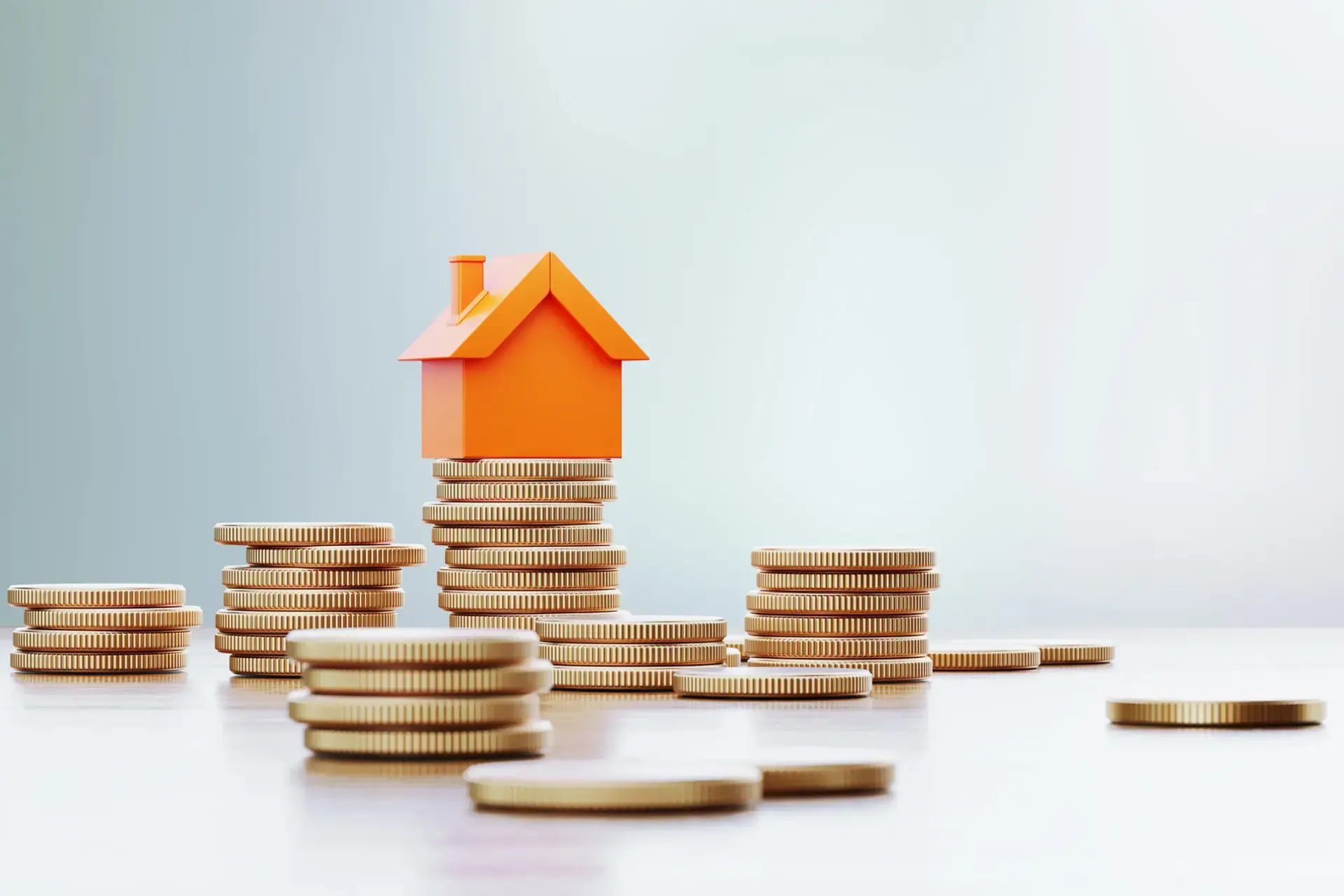Blog
How an Estate Agent Will Value Your Home at a Property Valuation
Uncategorized|
22.08.2024

Property valuation is about much more than setting the asking price.
A professional property valuation takes local housing market conditions, national property trends, and features of the specific property and location into account to put a value on the property.
This value then informs not only the price you list the property at, which has a knock-on effect on the offers you receive and ultimately the final sale price, but can also be helpful when dealing with splitting assets, such as in the case of a divorce or probate.
Home & Manor’s ethical, people-first approach means you can rely on us for honest, comprehensive and accurate property valuation. Here’s how we do it:
Initial Property Assessment
First, our friendly local estate agent team carries out an initial property assessment.
Understanding the Valuation Process
Property valuation involves an estate agent or professional valuer conducting an assessment of all aspects of the property. They may assess factors such as the size of the property, property location, and overall condition.
At Home & Manor, our friendly team are always available for property valuations in West Yorkshire.
At the end of the valuation process, we will be able to estimate the value of the property: what the property is worth in the current market.
The valuation is a crucial step in selling your home because it gives you a starting point when considering your pricing strategy to list the property.
If you are planning to purchase another property with the proceeds from the sale, a valuation can also give you a good idea of your budget.
Gathering Basic Information
Initially, your Home & Manor estate agent will gather basic information about your property, such as:
- The property location, including transport links and amenities, and local market conditions
- The overall condition of the property, including any wear and tear
- The overall size and type of the property
- The number of bedrooms and the size and layout of those rooms
- Any significant storage available at the property, such as a cellar or garage
- The outdoor space, including both size and condition
- The age of the property and any period features
- The potential for development, such as an extension or loft conversion.
Comparative Market Analysis (CMA)
We then conduct a comparative market analysis to estimate a property’s value in comparison to similar properties in the area.
Researching Comparable Properties
We use recent sales data of similar properties in the area (also known as comparables) to estimate property value in the context of local property prices. This could include properties of a similar age and size, and in a similar condition to yours.
Analysing Market Trends
Current market trends, both national and local, have a direct impact on property values. Housing market trends can include everything from the wider economic climate and national trends in house prices, to the sale price of the house next door.
Market trends vary by location, but are broadly affected by economic factors, such as interest rates, supply and demand of housing stock, and average household incomes.
Adjustments for Unique Features
Of course, a valuation isn’t just dependent on comparable properties and market trends.
We take unique period or character features, or impressive upgrades, into account when it comes to comparing a property’s valuation with similar homes.
Property Inspection
After an initial assessment of the property and a comparative market analysis, we will conduct a thorough inspection of the property to land on an appropriate valuation figure.
Conducting a Thorough Inspection
When we come to visit your property for a valuation inspection, we’ll be able to look past the clutter to review the overall condition and layout of the property.
We’ll consider both the outside and inside of the property and may ask additional questions about aspects such as the ownership of the property, whether it is leasehold or freehold, and how old the boilers, windows and roof are.
We might also ask about any improvements you’ve made since purchasing the property and any maintenance issues you are aware of. It’s important to answer honestly at this stage, as issues will likely be uncovered by a survey later down the line.
Assessing Key Factors
As well as an inspection of the property itself, we will assess other key factors at this stage, such as the property’s location, neighbourhood amenities, and potential for future development.
Valuation Methods
There are several ways to value a property. Three of the key ones are:
The Comparative Method
The comparative method of property valuation relies on data about property sales in the local area. The estate agent compares your property to similar properties recently sold in the area, taking into account factors such as the age, size, and condition of the property.
This is the method Home & Manor typically use to value residential properties.
The Income Method (for Investment Properties)
The income method of valuation estimates a property’s value based on its income-generating potential. This is only relevant for investment properties where the goal is the rent them out and is calculated based on potential rental income and yield calculations.
This method relies on accurate projections of future rental income but can be helpful for investment and commercial property.
The Cost Method
The cost method calculates the value based on the cost of rebuilding the property, including land and construction, minus depreciation.
With so many variables, the cost method can be less reliable than other methods of property valuation but is useful in the case of new development and construction sites.
Presenting the Valuation
We will prepare a valuation report on your property, so you have a full understanding of the valuation.
Preparing the Valuation Report
After the initial property assessment, a thorough comparative market analysis, and an in-person property inspection, we draw up a valuation report.
The valuation report is a document containing the findings from the property valuation, including:
- The estimated value of the property
- Supporting data and information
- Detailed data and market analysis showing how we landed on that figure.
Discussing the Findings with You
At Home & Manor, we sit down for an in-depth discussion of the valuation findings with all our clients. We’ll walk you through the rationale behind the estimated value, explain any adjustments we recommend, and answer any questions you may have.
Adjusting the Valuation
Finally, you and your estate agent may decide to adjust the valuation, depending on market feedback.
Considering Market Feedback
When the property has been listed and advertised with the valuation price, you may receive feedback from potential buyers. This feedback could be direct (such as a potential buyer commenting on the listing price at a viewing) or indirect (such as a lack of offers on the property). Changes in market conditions may also lead to adjustments in the initial valuation.
Reassessing Value if Necessary
At this stage, it may be necessary to reassess the property value, particularly if the property has been on the market for a long time and local or national market conditions change.
It is also a good idea to reassess property values after you make any additional improvements to the property.
Conclusion
A property valuation is an essential early step in selling your property.
Home & Manor estate agents provide a thorough and accurate valuation, from the initial property assessment, through comparative market analysis, to property inspection, so you know exactly what your house is worth.
We then provide a comprehensive valuation report, which we walk you through step-by-step, and remain available to adjust the valuation.
Get in touch to schedule a free valuation of your property or for more information on the valuation process.
Written by Name of Author









